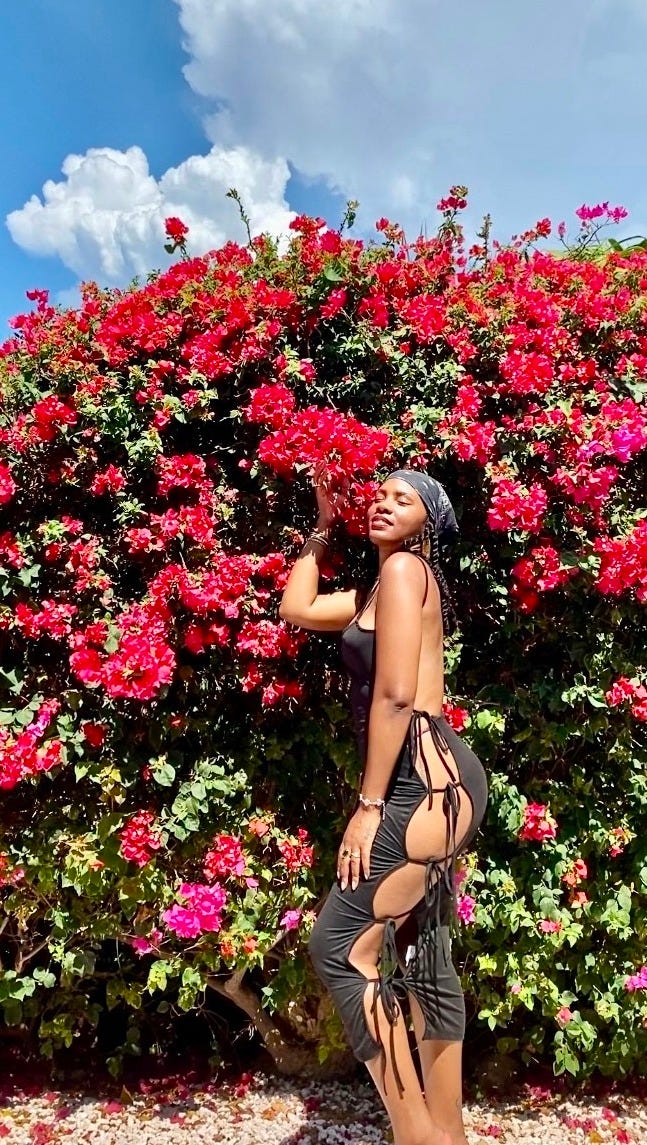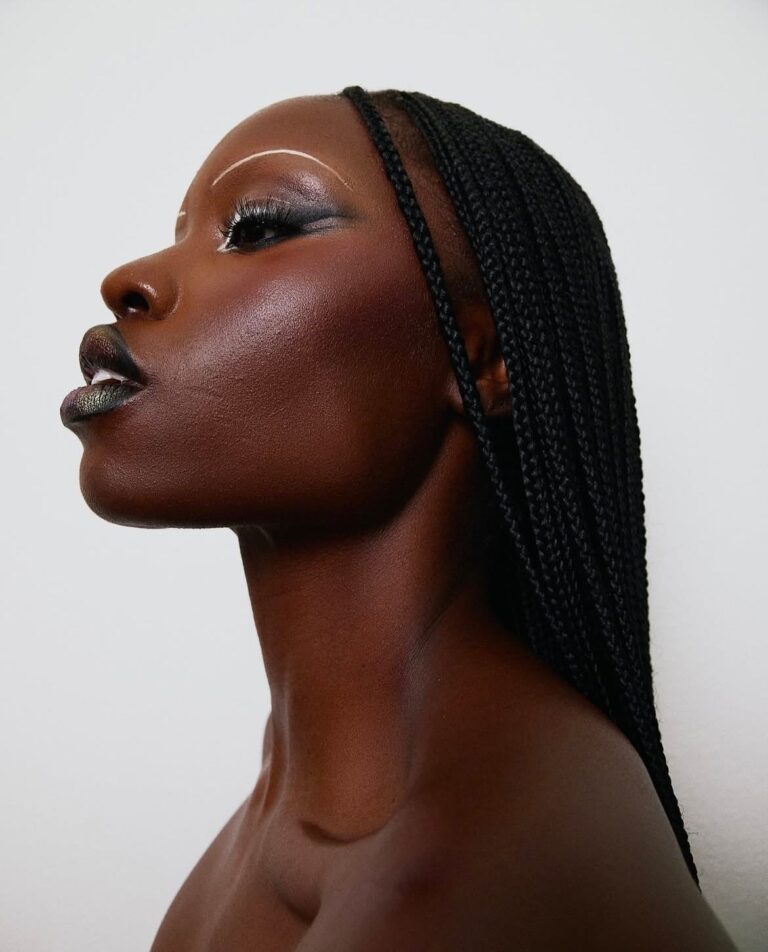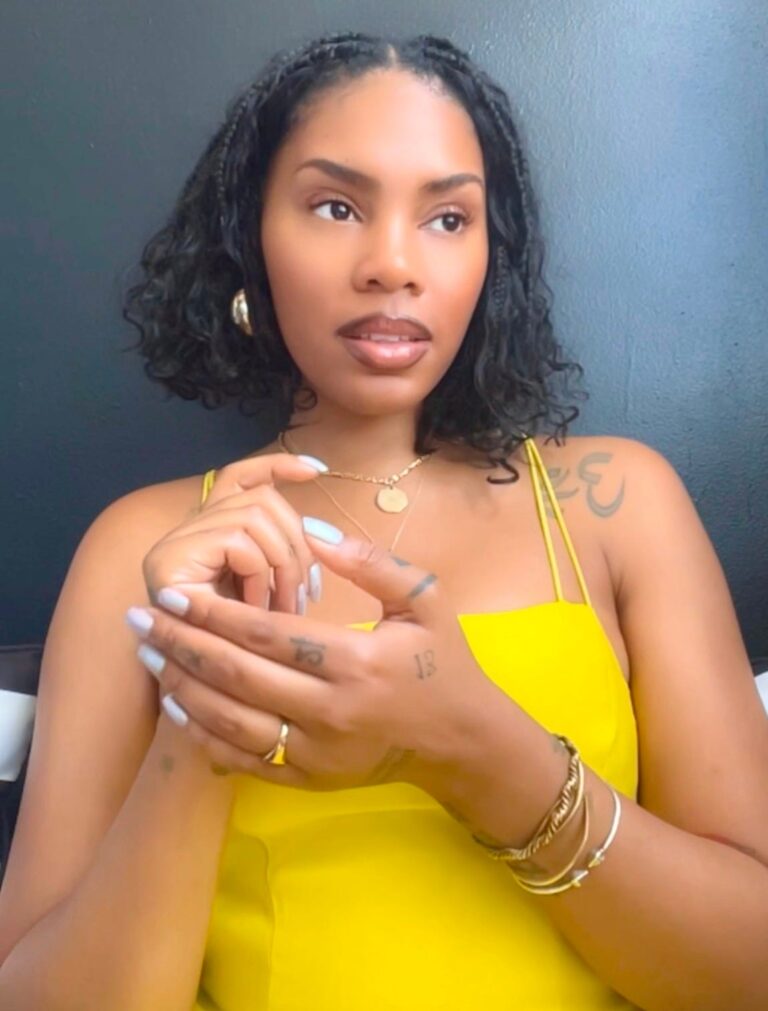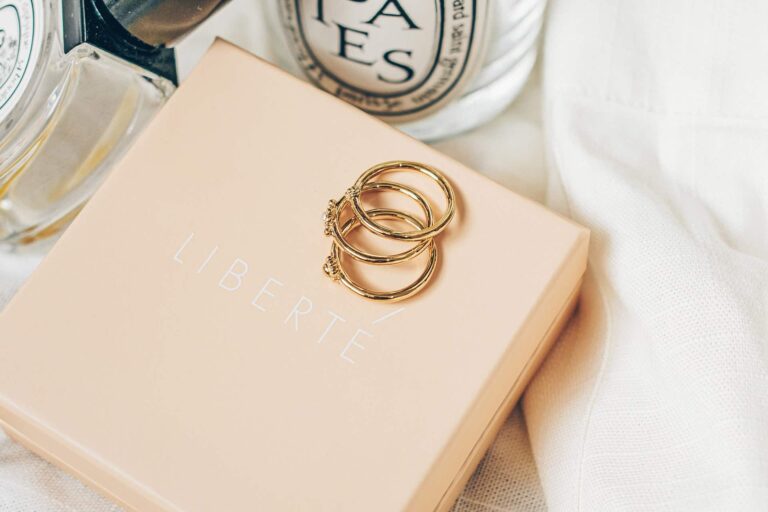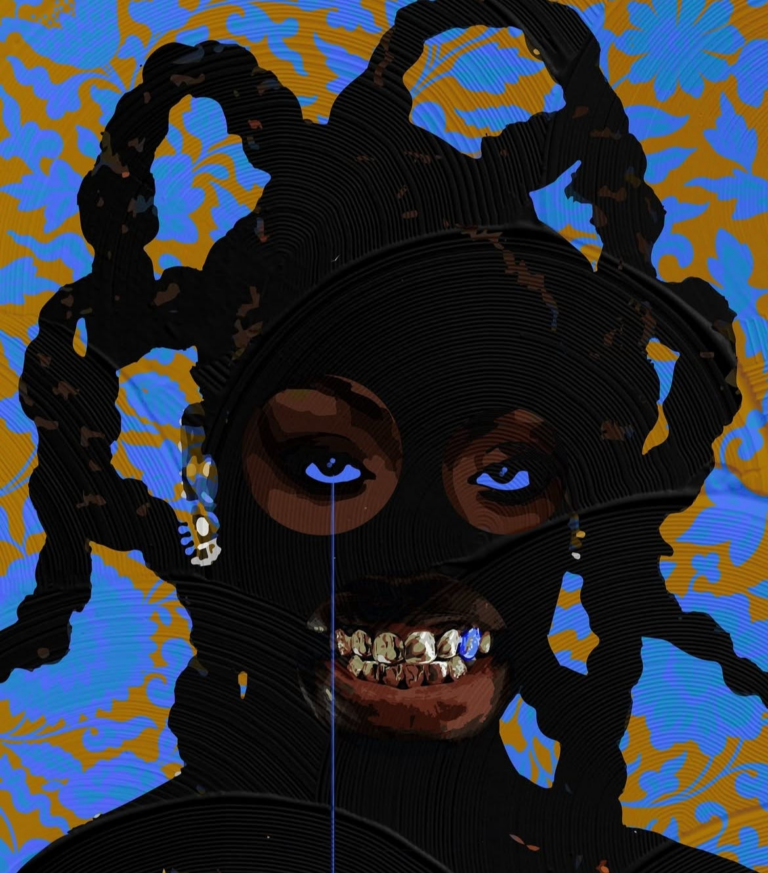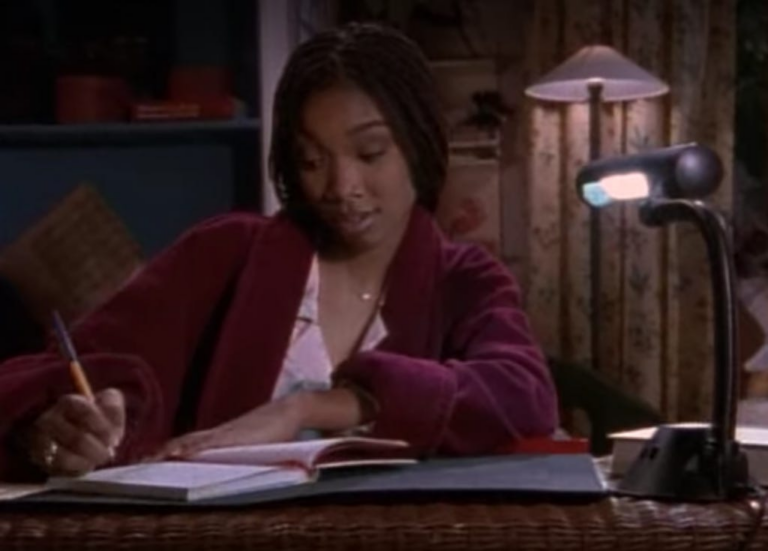Halle Berry’s Hollow Win and My Sacred Beauty
In a recent interview, Halle Berry reflected on her experience of being called beautiful, saying, “It might feel good to have everybody look at you, but it’s always been a hollow win for me because I had nothing to do with how I came here looking.”
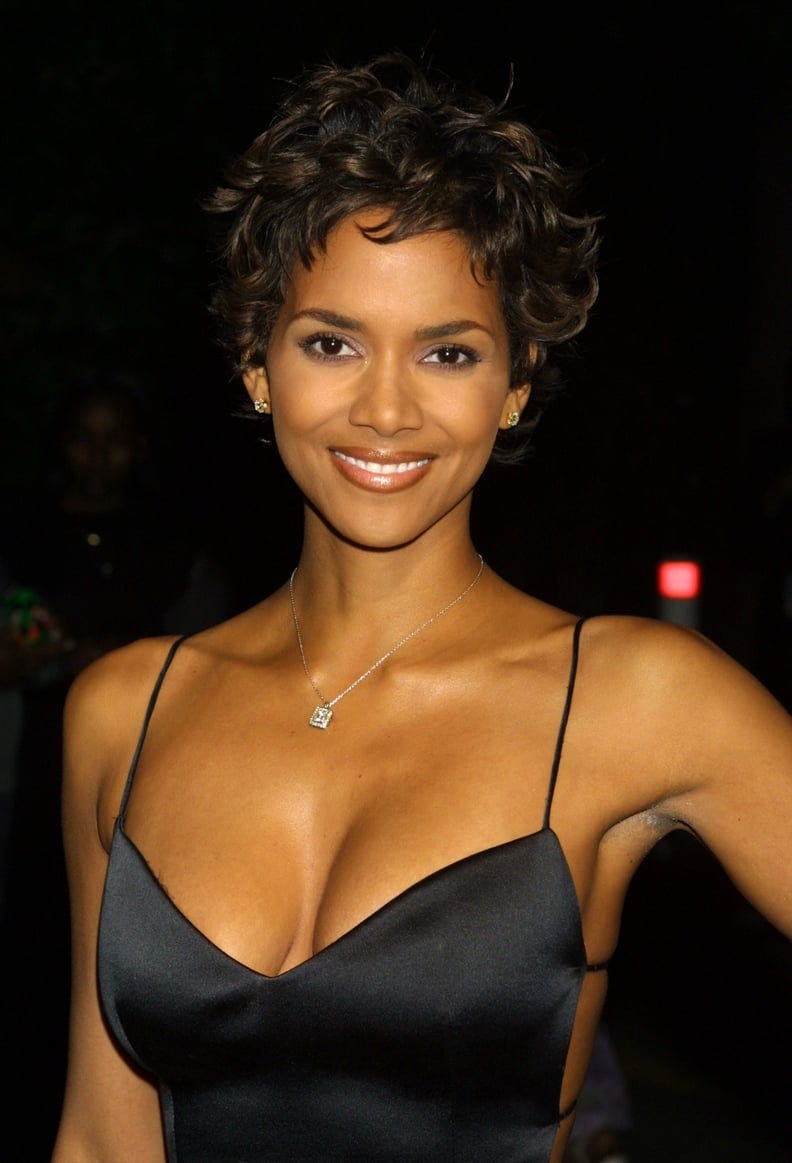
Her words carry a kind of ache—the frustration of being reduced to something you didn’t choose. For many, beauty feels like a cage, reducing their essence to their appearance. But when I think about beauty, I feel something entirely different.
When someone calls me beautiful, I don’t feel diminished. I feel witnessed.
Because for me, beauty isn’t just an exterior quality—its energy, legacy, and an undeniable reflection of the divine. My beauty carries the rituals of my grandmother, the quiet power of my mother, and the brilliance of my aunts. Beauty is not hollow; it’s a sacred expression of God in motion.
Share
A Legacy of Ritual and Care
Though my grandmother passed when I was only four, her presence lives on in the stories my mother tells. Sundays were her sacred days—a time for restoration and preparation. She’d wash and set her wigs, soak in a milk and honey bath like Cleopatra, and press her clothes for the week ahead. She would sit at her mirror afterward, taking in her features with quiet reverence, preparing herself to face the world.
Her beauty wasn’t just about appearance; it was about strength. She worked at a call center, helping Southern migrants find resources to rebuild their lives. Her rituals were an act of self-preservation, grounding her before stepping into a world that often sought to diminish Black women like her.
My mother inherited that intentionality but expressed it differently. She rarely wore makeup, sticking to her signature coral lips paired with denim looks that exudes understated elegance. Her hair and nails were always done, but her beauty wasn’t about embellishment—it was about presence.
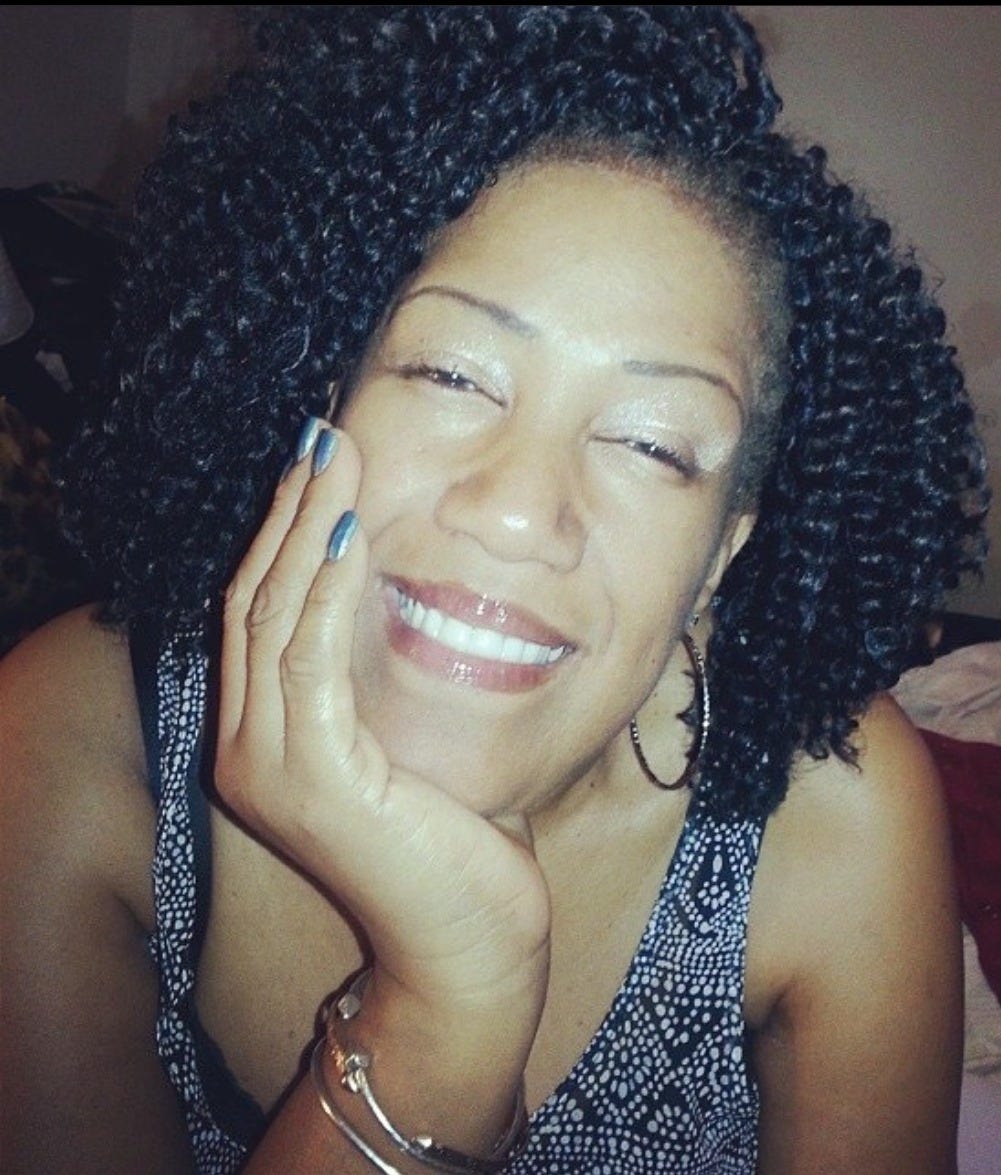
As a light-skinned, educated Black woman, my mother knew her looks afforded her certain privileges, and she wielded that privilege with purpose. In her role as a social worker, she opened doors for families, built trust, and changed lives. Her beauty wasn’t hollow; it was a tool she used to serve others, to lead with compassion and power.
My aunts, too, embodied this legacy. They were brilliant women whose confidence was as radiant as their beauty. Their laughter, their boldness, their unapologetic brilliance—it all reflected a beauty that went far beyond the surface. They showed me that beauty isn’t about being admired; it’s about how you claim space and move through the world.
The Making of a Phenomenal Woman
When I was 13, I joined the CityKids Repertory Company. Every Friday, our girls’ support group would gather to recite Mama Maya Angelou’s Phenomenal Woman. It wasn’t just a poem—it was a declaration, a reminder of the power we carried within us.
We didn’t just speak the words; we lived them, letting their rhythm and power rise in our voices:
“It’s the fire in my eyes,
And the flash of my teeth,
The swing in my waist,
And the joy in my feet.
I’m a woman. Phenomenally. Phenomenal woman, that’s me.”
At first, I recited it because it was part of the program. But week after week, those words began to settle deeper into my spirit. They taught me that beauty wasn’t just about how others saw me—it was about the energy I carried.
Standing in that circle, surrounded by other girls claiming their beauty and power, I began to understand that beauty wasn’t hollow or superficial. It was presence, confidence, and fire. Phenomenal Woman didn’t just tell me who I was; it showed me how to embody it.
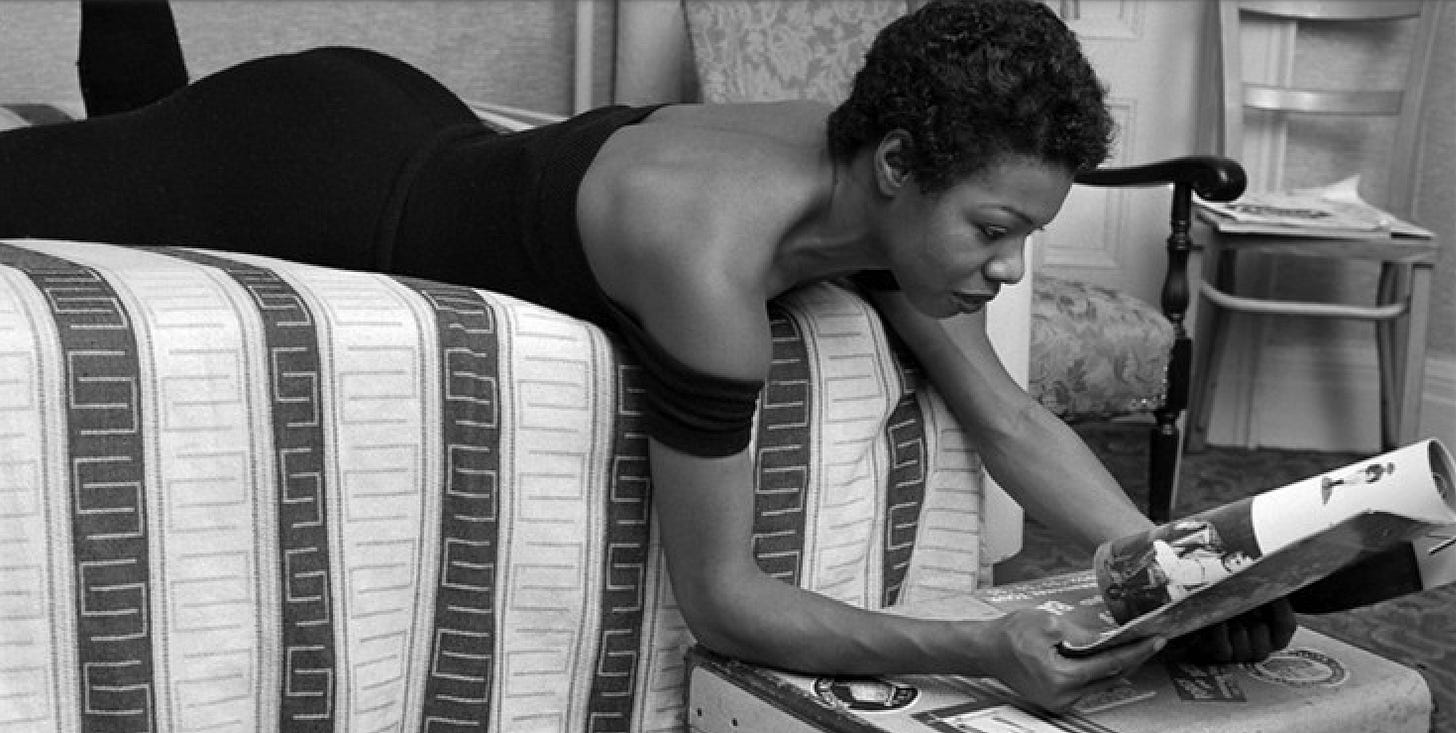
The Summer of Resistance
At 14, my mother enrolled me in Queen Afua’s Sacred Woman program. I didn’t choose it—I resisted it. It was my first summer in New York City, and I wanted freedom: to roam the streets, to explore, to soak in the energy of a place I’d dreamed of for so long. Instead, I found myself steeped in ceremonies, herbal baths, and journaling I wasn’t ready for.
I pushed back at every step.
But during the stillness of the pandemic, I returned to Queen Afua’s teachings and finally understood what I hadn’t seen at 14. Her chapter on the “Gateway of Beauty” hit me differently this time. She wrote about beauty not as a surface trait, but as a sacred vibration—a way of aligning with the divine and reflecting God’s energy.
Suddenly, I saw how it all connected: the milk and honey baths of my grandmother, the coral-lipped grace of my mother, the brilliance of my aunts, and the fire of Phenomenal Woman. Beauty wasn’t hollow or shallow—it was a force. A language. A way of honoring yourself as a vessel of divine energy.
Witnessing God in Motion
Halle Berry’s words remind me how beauty often feels misunderstood—a weight imposed, rather than a force we wield. For me, beauty has never been hollow or fleeting. It’s never been about performing or proving. It’s about presence.
I think about the rituals that shaped me—not just the ones I created, but the ones I inherited. A milk and honey bath, anointing wigs with care, a swipe of coral lipstick before stepping out the door. These acts weren’t just preparation; they were declarations. They weren’t about being seen by the world; they were about being whole in oneself.
My mother once told me that how you care for yourself is how you honor what God gave you. Those words stayed with me. Beauty, I realized, wasn’t about chasing approval; it was about creating harmony with yourself, aligning your external presence with your internal truth.
Maya Angelou’s words in Phenomenal Woman remind me of that alignment. The fire in the eyes. The joy in the feet. The unwavering sense of being more than enough. Beauty is not in what the world demands—it’s in how you decide to show up. It’s the confidence to take up space and the quiet power of knowing that space belongs to you.
And so, I ask you: when you see beauty, what do you feel? Does it stir something in you? Does it remind you of the moments you felt most alive, most at home in yourself? Or does it feel like something just out of reach, waiting for you to call it back?
Beauty isn’t hollow. It’s alive, layered, and sacred. It’s the way you hold yourself, the care you pour into yourself, the energy you leave behind when you walk out of a room. It’s a thread that connects you to who you’ve been, who you are, and who you’re becoming.
When we honor our beauty—not for anyone else, but for ourselves—we are doing more than seeing ourselves clearly. We are remembering. We are returning to the divine truth that beauty is more than skin or symmetry—it’s presence, power, and love in motion.
Leave a comment


